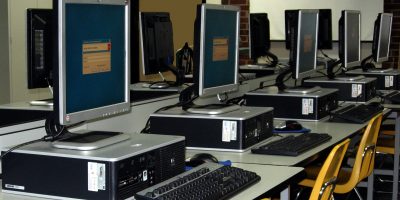“There are 12 district and 9 charter schools opening in the Bronx this fall, with each offering a different structure and specialty emphasis,” writes the author of Twenty-one New Specialty Schools to Open in Bronx,” an article on the website Education News. According to the author, each of these new schools will “cater to very specific interests and vocational aspiration.”
Just how specific will these schools be? The School for Tourism and Hospitality will prepare students to earn certifications from the American Hotel and Lodging Institute. Another high school will allow teenagers to work at an entertainment company as singers, directors, DJs, or photographers. Two New Vision schools will focus on either humanities or math. While the Children’s Aid College Prep Charter School will target students whose parents receive welfare, another will assist high school students with missing credits.
All these examples raise old questions that educators have been debating from the very beginning of our profession: What should school prepare students to do? Advocates of a broad, liberal-arts education would argue that every student should build a foundation in a range of subjects before choosing a more specific vocation, enabling them to make better choices after “sampling the menu.” Others believe that a school’s curriculum should focus on preparing children for their future jobs. Another theory holds that students should be able to create their own program based on their interests.
More recently, educators have struggled with simply keeping students in school. Given this exigency, we believe it is more important than ever to structure formal education in ways that permit students to experience some form of reinforcing success when it comes to study. We do not advocate, “lowering the bar,” but we think that having some choice about “which bar” over which to vault can have a longer-term positive effect on a student’s thoughts and feelings about formal education. That too must be considered when determining what school should do.
Perhaps these schools in the Bronx are responding to this issue through their diverse educational options. It will be interesting to observe what such a range of choices can add to the debate in the future.
What do you think?



